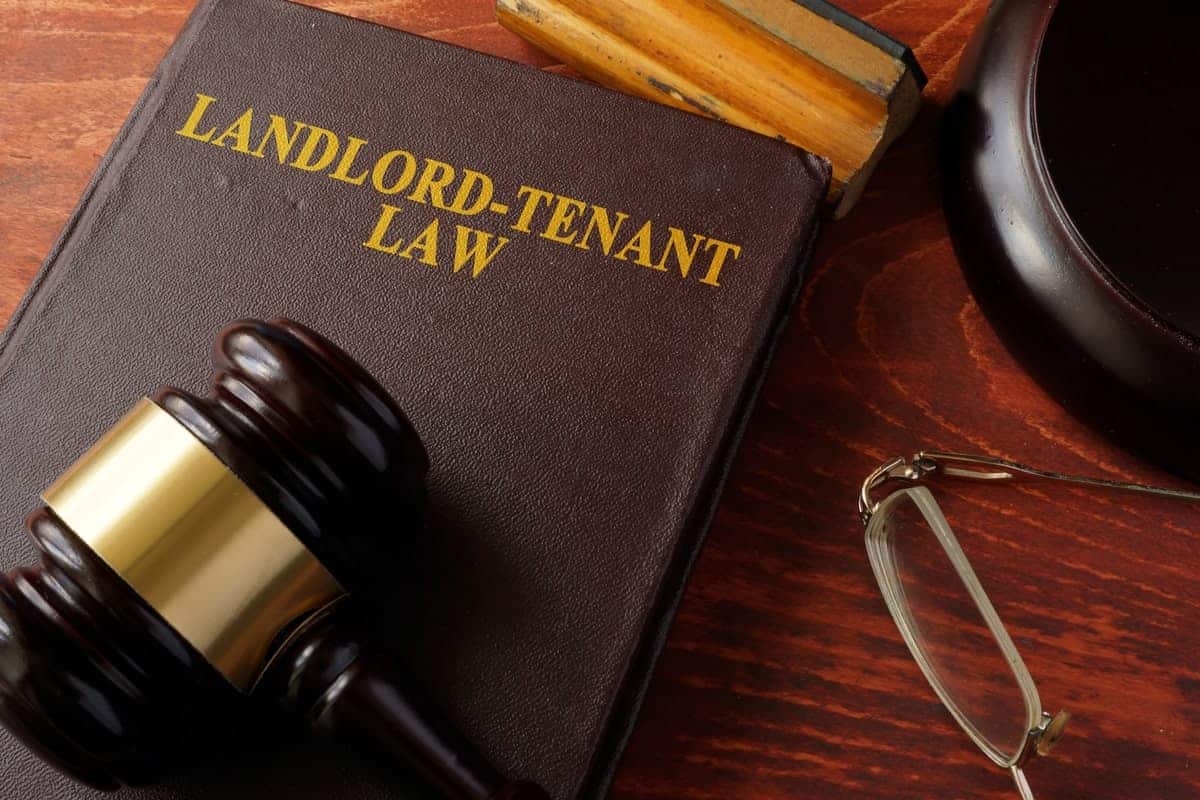By Erik L Walter – Partner
Ohio Residential Landlord Key Facts to Know
When renting to a residential tenant, the property owner must know certain key facts. Accordingly, every residential landlord should have a written lease that contains all important legal terms.
In doing this, it is highly recommended you consult a lawyer versed in drafting residential leases as there are certain provisions that “internet form leases” contain that are not recognized under Ohio law.
Attorney Fees Provisions are Unenforceable
For instance, many form leases contain an attorney fee provision for the recoupment of attorney fees. However, under Ohio law, attorney fees provisions in residential leases are unenforceable. Specifically, Ohio Revised Code §5321.13(C) provides: “no agreement to pay the landlord’s or tenant’s attorney’s fees shall be recognized in any rental agreement for residential premises or in any other agreement between a landlord and tenant.” Accordingly, any lease containing an attorney fees provision will not be recognized when it comes to a default.
Even so, Ohio Revised Code §5321.05 does allow the recovery of “reasonable attorney fees” under certain breaches committed by a tenant.
Security Deposits May Bear Interest & Must Be Accounted For
Next, when it comes to security deposits, a landlord must be cognizant of certain facts.
First, any security deposit in excess of fifty dollars or one month’s periodic rent–whichever is greater–shall bear interest on the excess at the rate of five per cent per annum if the tenant remains in possession of the premises for six months or more, and shall be computed and paid annually by the landlord to the tenant. Ohio Revised Code §5321.16(A).
Further, upon the lease ending or being terminated by a default of a tenant, a landlord must account for the security deposit.
Specifically, Ohio Revised Code §5321.16(B) provides:
Upon termination of the rental agreement any property or money held by the landlord as a security deposit may be applied to the payment of past due rent and to the payment of the amount of damages that the landlord has suffered by reason of the tenant’s noncompliance with section 5321.05 of the Revised Code or the rental agreement. Any deduction from the security deposit shall be itemized and identified by the landlord in a written notice delivered to the tenant together with the amount due, within thirty days after termination of the rental agreement and delivery of possession. The tenant shall provide the landlord in writing with a forwarding address or new address to which the written notice and amount due from the landlord may be sent. If the tenant fails to provide the landlord with the forwarding or new address as required, the tenant shall not be entitled to damages or attorney’s fees under division (C) of this section.
Accordingly, if a landlord fails to comply with the above, a tenant may recover the property and money due him, together with damages in an amount equal to the amount wrongfully withheld, and reasonable attorney’s fees—unless no forwarding address is given to the landlord.
Proper Lease Termination Procedures Must be Followed
Finally, when terminating a lease, a residential landlord must follow proper procedures.
- First, if the default is for the non-payment of rent, a three (3) day notice must be posted. If, however, it is for anything other than the non-payment of rent, a (30) day notice must be posted.
- Second, each notice must contain specific statutory language or it will be deemed invalid and the eviction process restarted if it is not contained in the notice.
- Third, if any rent is accepted after posting a default notice, the acceptance of the late rent may end the eviction process and allow the tenant to remain in possession of the leased space.
Proper Name and Address of the Owner and Their Agent Must be Included
Next, every written rental agreement for residential premises must contain the name and address of the owner and the name and address of the owner’s agent, if any. In this regard, if the owner or the owner’s agent is a corporation, partnership, limited partnership, association, trust, or other entity, the address shall be the principal place of business in the county in which the residential property is situated or if there is no place of business in such county, then its principal place of business in this state, and shall include the name of the person in charge of the same.
Corporations Must use an Attorney For Eviction Filings and all Hearings
Finally, if the landlord is a corporation, an attorney must file the eviction and conduct all hearings as anyone else doing so may be committing the unauthorized practice of law which carries severe ramifications.
Secure the Services of a Skilled Attorney
While there are numerous other requirements that all landlords must know, these are some of the most important as they impact the rights and remedies of the landlord.
Accordingly, every landlord must be familiar with Ohio statutory law before entering into a lease with a tenant.
Therefore, in order to know all of your obligations and have a solid lease, it is imperative to seek the advice of a skilled attorney to protect your rights in this specialized and complicated area of the law.
Don’t delay getting the advice you need. Contact us today to schedule a consultation.
The information presented in this post is not legal advice and does not form a lawyer/client relationship. Laws and circumstances can differ and change.
Please contact us for a personal review of your situation







